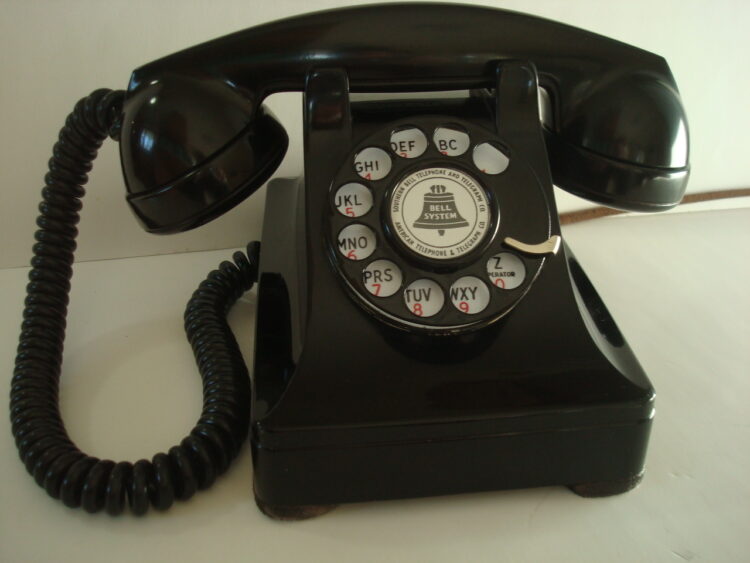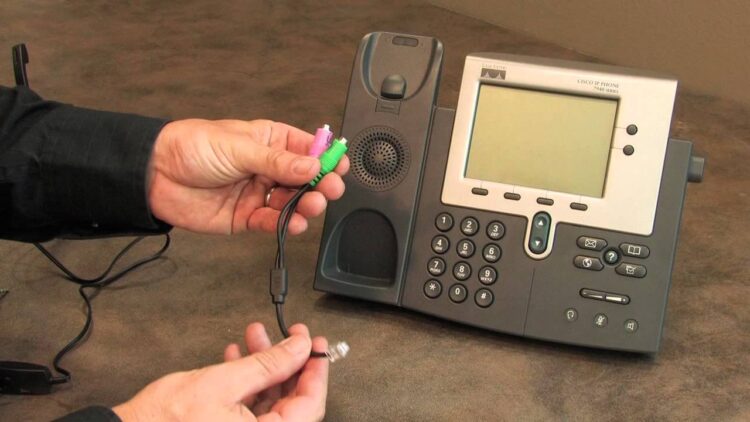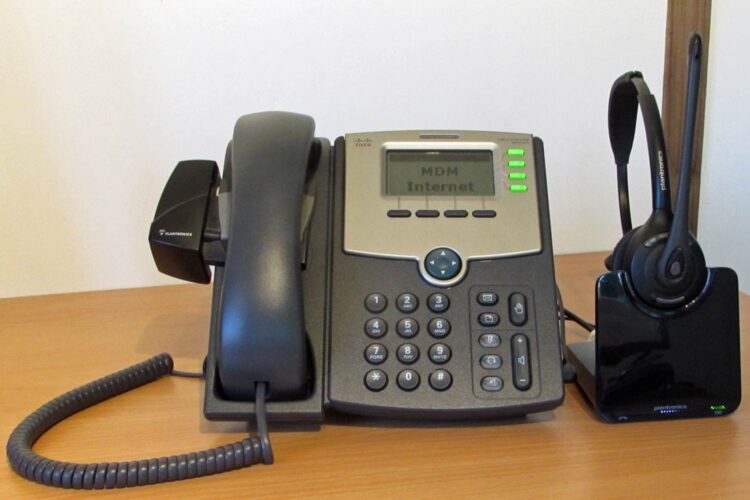
Telephony has come a long way ever since its inception. Nowadays, multiple technologies support audio data transmission, allowing you to communicate with your friends and family across the globe. The three main types of phones that give each other a neck-to-neck competition in the market and have stood the test of time are landlines, cellphones, and Voice over Internet Protocol devices. Which one should you choose for your particular needs? This post will elaborate on these top phone choices, bringing their pros and cons to the surface, so you can discern the best communication system and take your pick. Read on.
What is a Landline Phone?

A landline is a hardwired device that connects to a phone jack in the wall and uses a copper/fiber line set up by a service provider to send and receive voice signals. It can be corded or cordless. A corded landline has a handset attached to a base unit by a physical insulated wire. Whereas, a cordless landline has a wireless handset that links to a base unit via radio frequencies.
The first type enjoys traditional importance, whereas the second one is a digital variety preferred by service providers like Charter to suit modern times. Spectrum voice is a cordless home phone device, which comes with multiple digital features including E911. If you have set your heart on getting a landline, then consider the following pros and cons of this phone before purchasing one.
Pros of a Landline Phone

Better Signal Stability – Since a landline phone uses solid wires to transmit audio signals, it stays immune to signal interference that a wireless phone suffers from. This means you can get a stable reception even during a storm or a power outage.
Faster 911 Response – A landline registered to your home address allows the authorities to pinpoint your exact location faster during an emergency. When you dial 911, a landline helps you cut the wait time short, and save lives by the second.
Higher Value for Elderlies – Landlines have a certain familiarity that transgresses generations. Perhaps, it is the simplicity of interface or the ease of functionality that makes this kind of home phone look extremely favorable to the elderly relatives or the less tech-savvy people.
Cons of a Landline Phone

Low Mobility – Landlines are bound to a place by wires. Even if you have a cordless handset, you cannot take it outside your home without losing connectivity in the process. These devices are not portable and certainly not ideal for people who are constantly on the go.
Low Popularity – Consumers are moving toward a trend called, ‘cutting the cord’, and research shows that by 2024, there will be 55 million cord-cutters in the U.S. This movement makes hardwired landlines irrelevant in the upcoming age.
Fewer Features – A landline phone comes with a handy set of calling features, which includes Voicemail, Caller ID, Call Forwarding or Block All Calls, etc. But, it still doesn’t let you take photos, record videos, or play music as a smartphone does.
What is a Cellular Phone?

A cellular phone or cellphone relies on a network of towers in an area to transmit audio signals in the form of radio waves. It does not need a physical connection to a telephone pole to enable your calls. Since mobile providers have set up cells or towers at close points in the U.S., you can talk or text from a cell phone regardless of your location. This type of phone system has the following merits and demerits, which will help you see if it’s right for you or not.
Pros of a Cellular Phone

High Mobility – Cellphones are wireless and being so, are extremely mobile. Meaning, you can carry your phone set in your pocket, and chat with loved ones from any place, as long as there is a cellular tower in the vicinity.
High Functional Diversity – With a cell phone, you not only have the freedom to talk and text, but you can also connect your device to the internet outside the home using mobile data or Wi-Fi. Plus, multimedia communication is quite possible with a cell phone.
Cons of a Cellular Phone

Low Signal Stability – In areas of high interference, the signal reception for a cell phone falters, resulting in dropped calls. Not only that, but a local storm can also distort the wireless frequency of these phones. You might hear the audio go on and off on your cell during a call.
Low Hardware Power – A cellphone uses a portable battery as a source of power, which needs to be constantly recharged. So, even though it claims to provide a wireless convenience, a cell phone still depends on a wire to power up.
What is a VoIP Phone?

VoIP stands for Voice over Internet Protocol. It is a phone system, which transmits audio data over the internet or IP networks, instead of through copper wires or cellular towers. In other words, you can make local or long-distance calls directly from your computer, or a special VoIP phone, or via a regular landline connected to the cable modem with a VoIP adapter. Do you want to know the pros and cons of this phone type? Check them out below:
Pros of a VoIP Phone

High Flexibility – Through a VoIP app, you can make your calls on the internet without even having a dedicated landline at home. Some broadband providers give VoIP solutions as well, and at incredibly flexible rates.
High Enterprise Value – A VoIP phone supports multiple lines and numbers, which may prove beneficial to business owners working from home on a budget.
Cons of a VoIP Phone

Low Reliability – A VoIP call may hamper your internet performance on other devices since both move data on more or less the same frequency.
Low Hardware Convenience – A VoIP phone is a special telephony system that may need extra hardware, such as a VoIP adapter or special phone cords to work, which are different for each VoIP provider.
Wrapping Up
Though the respective benefits of a landline, a cellphone, and a VoIP phone far exceed their disadvantages, you can invest in all three types of phones to enjoy a 360° digital connectivity at home or out on the streets.











